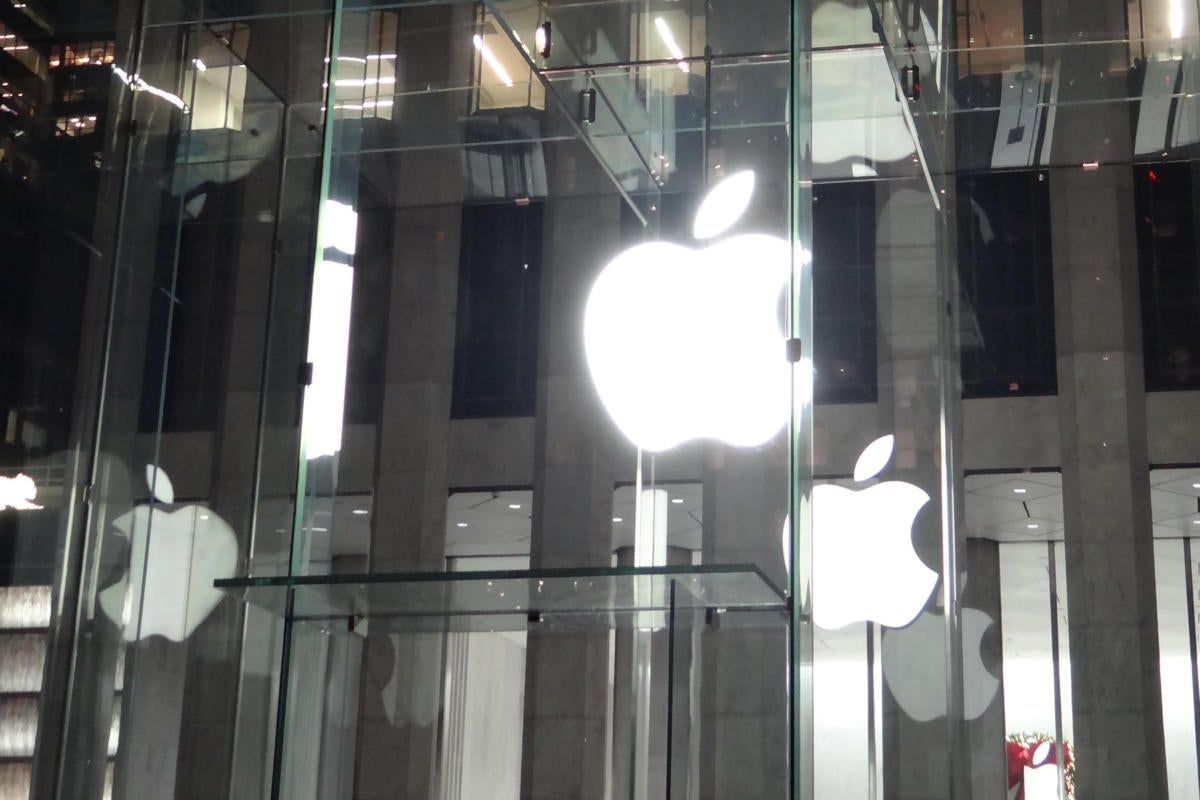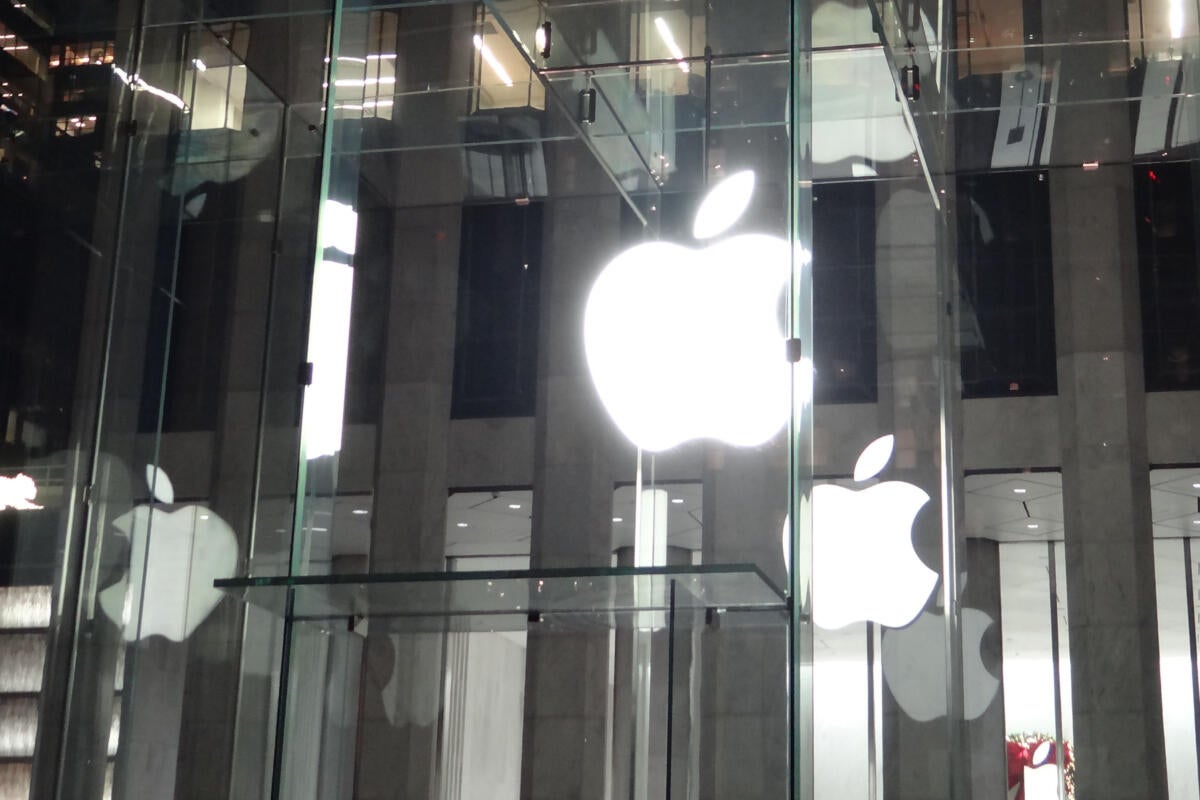
Apple set a record in the June quarter just gone, buoyed by strong iPad and Mac sales and a wave of iPhone SE upgrades.
You can read all about the company’s fiscal details here, and officials shared some points that may be of interest to any enterprise struggling to pivot its business during the ongoing COVID-19 pandemic.
iPhone 12 will be delayed
This year’s corporate IT purchasing and 5G service introduction plans may be tempered by Apple’s confirmation that this year’s iPhone 12 will ship “a few weeks later” than it did last year. That’s in line with recent market speculation.
The pandemic is a marathon, not a sprint
Apple is certainly feeling the impact of the partial closure of its retail business, citing this as one of the reasons wearables and iPhone sales were affected in the quarter. What’s more important is Apple’s admission that it doesn’t anticipate business stability to return until we see a vaccine or therapeutic appear.
“I think that would boost consumer confidence quite a bit if it began to happen,” CEO Tim Cook said.
But until it does, challenges remain.
The takeaway?
Don’t plan for an end to the problem, craft a course through it – and put the safety and welfare of employees and customers first, as they’ll remember those who don’t.
“The majority of our population will continue to work from home until the end of the year. And then we’ll see – I mean, we’ve taken an approach that we try to understand how the virus is evolving over time,” Cook explained.
Corporate travel budgets are shrinking
With more people working from home and more use of video and teleconferencing for everything from team discussion to industry events, will corporate travel budgets be among the first cuts that remain in place as business returns to normal?
If nothing else, Apple’s success delivering record revenue during a crisis shows that business can still continue even while pivoting to meet immediate needs. Remote working and virtual conferencing will certainly remain part of the future mix.
I expect this to extend to this year’s iPhone launch also.
WWDC (online) was a big deal
APple’s Worldwide Developer Conference may have become an online event this year, but – as expected – this also made for a bigger event than ever, reading between the lines of Apple’s fiscal call. Facts:
- Over 22 million viewers across all Apple’s streams.
- 72 hours of developer video content was made available.
- More than 200 direct engineering and design sessions.
- 227 virtual labs.
- Around 4,500 personal developer appointments took place.
Macs and iPads are winning new customers
Apple’s quarter saw strength in both Mac and iPad sales, with the company admitting supply of both platforms is currently “constrained,” which provides some sense of the kind of demand.
This is in the background of massive investment in Apple’s portable productivity solutions as enterprises large and small seek out the best solutions for remote working. This also takes place against a background that favors employee-based device choices and an emerging preference for Macs above other machines.
Cook provided a little color on this, admitting the “installed base is growing” and that the new customer numbers are “still very high in the close to 50% kind of range.”
“There is some amount of work from home and remote learning that do affect the results of Mac and iPad positively,” he said.
iPhone installed base is high
Apple’s installed base is growing and the iPhone SE has convinced some customers who might not otherwise have done so to upgrade. “iPhone 11 is still the most popular smartphone, but iPhone SE definitely helped our results,” Cook said.
He also had some interesting flavor to share: In the U.S.: “We had the top two selling smartphones. In the UK, we had three of the top four. In Australia, we had five of the top six. And in Japan we had the top four.”
iPhone 11 was also the top-selling smartphone in China.
Yes, people are investing in digital entertainment
Stuck at home with the kids? Digital entertainment services are helping navigate the challenge. Apple’s services are seeing growth as a result – though perhaps not all of them are rising as swiftly as others. The result? As I expected, Apple has doubled its fiscal 2016 services revenue targets ahead of schedule.
What Cook said on this is also interesting, and I’ll repeat it in full, as I think it may emerge as a guiding star for many businesses during the pandemic:
“We’re conscious of the fact that these results stand in stark relief during a time of real economic adversity for businesses large and small and certainly for families. We do not have a zero-sum approach to prosperity, and especially in times like this, we are focused on growing the pie, making sure our success isn’t just our success and that everything we make, build or do is geared towards creating opportunities for others.”
And digital health is becoming a reality
iPads and iPhones have seen huge use in healthcare during the pandemic. Doctors are using these devices to deliver virtual visits to in-patients, rather than wandering through the wards and potentially putting people at risk.
Outside of hospital: “Hospitals such as UVA Health, Rush University Medical Center and UC Sand Diego Health are using apps on iPad and iPhone to have triage, monitor and care for patients who are at home,” the company said.
These patterns are being reflected globally, as hospitals and patients choose to use these devices to navigate the many challenges of the pandemic, from diagnosis to reporting to long-term care. Virtual mental healthcare provision is also increasing, with such services now available from providers worldwide.
Like remote working, this may well emerge to be a pivotal moment for new models of healthcare provision.
Apple as a service: It’s not impossible
Apple Card is emerging as the passport that enables acquisition of Apple products on long-term zero interest deals. Apple referred to this and also to product trade-ins as tools that enable customers to pay for devices over time and achieve slight price discounts (and a 3% Apple Pay Cash reward).
This is Apple as a service.
You just need a credit rating. (Apple as a service is currently a U.S. product.)
On Apple Silicon’s two-year transition
Apple promised the move to Apple Silicon would achieve (as expected) “unprecedented performance” for the Mac – and gave us a more precise two-year timeline for the transition.
Apple is so very unlikely to offer Apple Silicon to third parties – though Cook refused to make what he called a “forever” statement. Apple Silicon will, however, enable the company to develop new solutions and products that it couldn’t achieve otherwise.
Make of that what you will, but as the chips become smaller and cheaper, the products driven by them will proliferate. I can even imagine manufacturing or distribution systems using iPhone chips as their main CPU – perhaps Industry 4.0 solutions designers should think on this?
The importance of values
Apple led the call with a statement to honor the late Georgia Congressman John Lewis. During the call it referred to the support it has provided around COVID-19, its commitment to building more affordable housing to help meet the homelessness crisis in Silicon Valley, its commitment to investing in its Racial Equity and Justice initiative, and to its move to become carbon-neutral by 2030 across its entire supply chain.
Cook specifically referred to the values that drive the company, stating:
“There are times when things seem to move slowly, when needed progress, economic or social scenes bog down, when the instinct to turn away from the horizon and hold onto what you’ve got feels inescapable. And then there are times like this when people of goodwill step forward, when progress unmoors itself, when the insistence of hope forces something new.
“This is an immensely challenging moment. COVID-19 is still devastating many places and we have work left to do to care for the health and well-being of the communities in which all of us live and work. But no community of people, whether a company or a country, can afford to miss this call when it comes. At Apple, we never have and we don’t intend to start now.”
Values matter. They’ll matter even more when it comes time to repair the damage.
Please follow me on Twitter, or join me in the AppleHolic’s bar & grill and Apple Discussions groups on MeWe.



